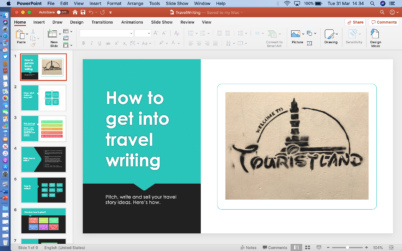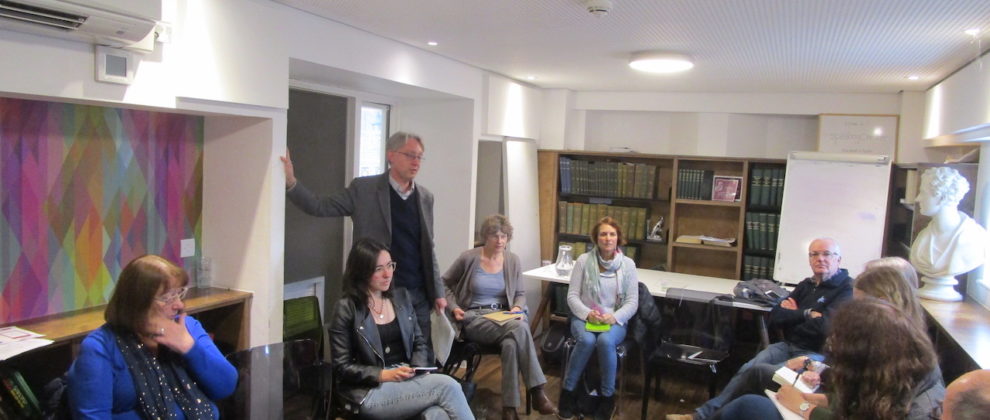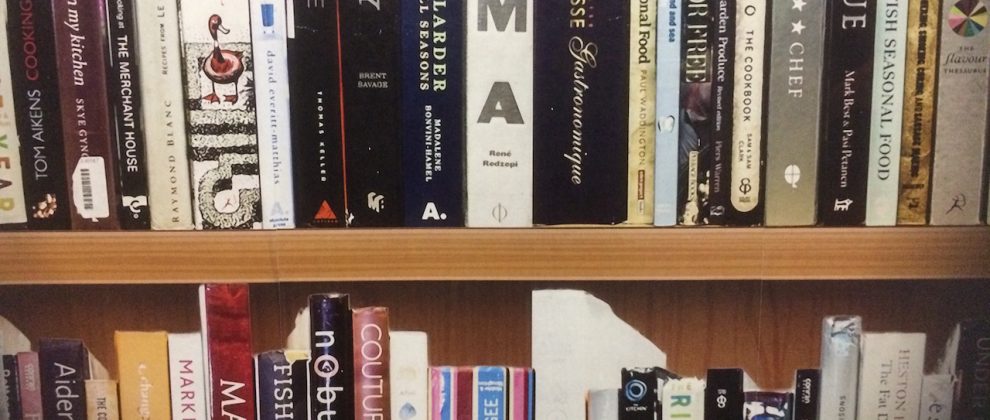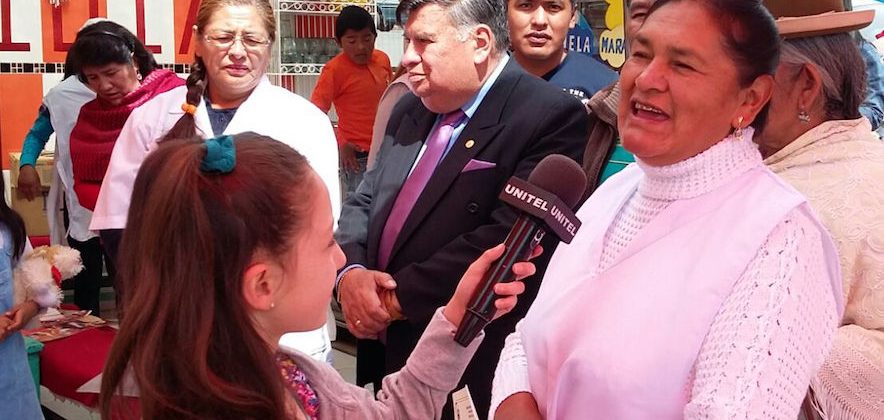The landscape looks pretty different since my last post.
Global events have overtaken normal life and we’re all now staying home to protest out precious NHS.
It’s easy to hide under the duvet at times like these but, as a long-standing freelancer, I know it means I need to change, adapt and evolve my working life.
I had a writing workshop lined up in Chester later this month, offering my insider tips from the coalface of freelance travel writing.
Obviously we couldn’t now meet physically. But one of the delegates inspired me with her positivity to not cancel the event. Instead we did it by Zoom.
I prepared a short PowerPoint and did two Zoom sessions with some homework set between the two online tutorials.
It’s a very different way of teaching for me from my usual workshops and university lectures but it proved yet again that adaptability is a cornerstone of freelance life.
I’m available for travel writing workshops and tutorials — both online and, eventually, in person.
Contact me if you would like to take part in a future workshop.
- Read my top tips at How to get into travel writing at the Chester Literature Festival.
- For updates on future workshops, please sign up to my newsletter



